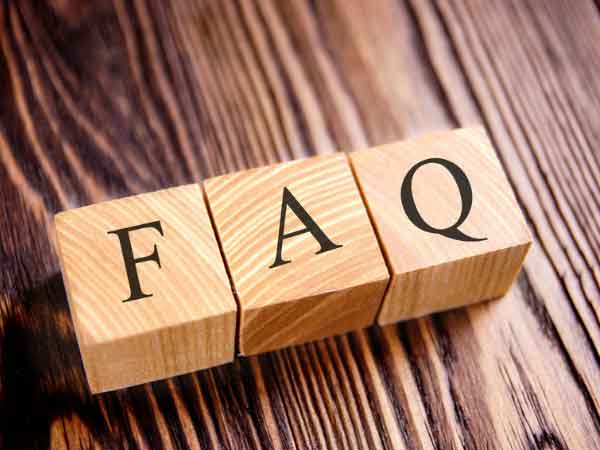John F. Hayter, Attorney At Law, P.A.
Florida Collections & Litigation Attorneys
 Frequently Asked Questions
Frequently Asked Questions
We have found that a large number of our clients in the beginning of their relationship with our law firm, have many of the same questions. For this reason we offer this Frequently Asked Questions page and encourage you to review these commonly asked questions. It is our hope that this information will help you quickly find helpful answers and make prompt and effective decisions regarding your uncollected debts. If you don’t find an answer to your question on this page, we invite you to contact us so we can get you the answers you need and help you collect the money you are owed.
Do you have a deadbeat in your life, and in your pocket? Let us help you determine how to get them out!
What if I don't have my debtor's date of birth, social security number, etc.?
When is the best time to hire the John F. Hayter firm to go to work for me?
How long do I have to file suit?
What is a judgment and how long is it good for?
With regard to interest, unless you have a written agreement that says you are entitled to a particular rate of interest on your judgment, it accrues interest at a rate that is set by the State of Florida at the beginning of each year (for 2010 the “official” rate is 6%).
Once entered and properly recorded in the official records of the county in which the debtor owns property, the judgment creates a “lien” against the debtor’s real property (land) that is not otherwise exempt (such as, but not limited to, the debtor’s home). Generally speaking, this lien can be foreclosed (like a mortgage) or the judgment creditor can have the sheriff of the county “levy” on the property in question. The judgment can also serve as the basis for a garnishment of the debtor’s non-exempt wages or bank accounts. There are many variations on what can and cannot be seized, and since the success or failure of each case turns on its particular set of facts, you should have a thorough discussion with an attorney about whether your judgment can be successfully collected. For this reason you are invited to CALL JOHN F. HAYTER, ATTORNEY AT LAW, P.A., WITHOUT DELAY!
Judgments in Florida are good for 20 years and can be renewed for additional 20 year periods so long as you take action to do so within the first 20 year period. The lien referred to above, however, is only good for 10 years from the date of recording, but it too can be renewed. For these reasons you are encouraged to contact our law firm today to ensure that your judgment does not expire or otherwise become worthless.
